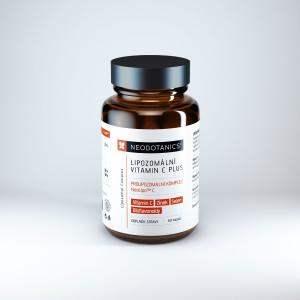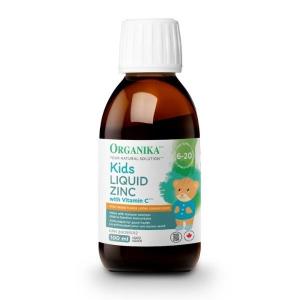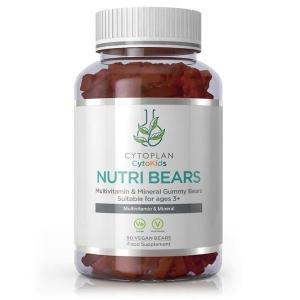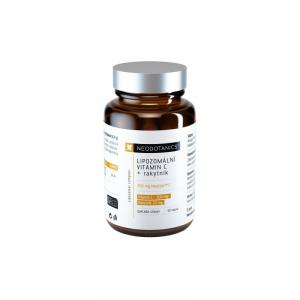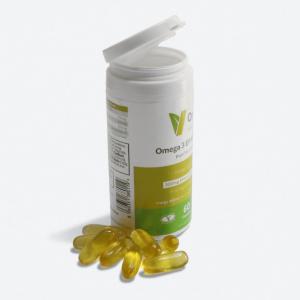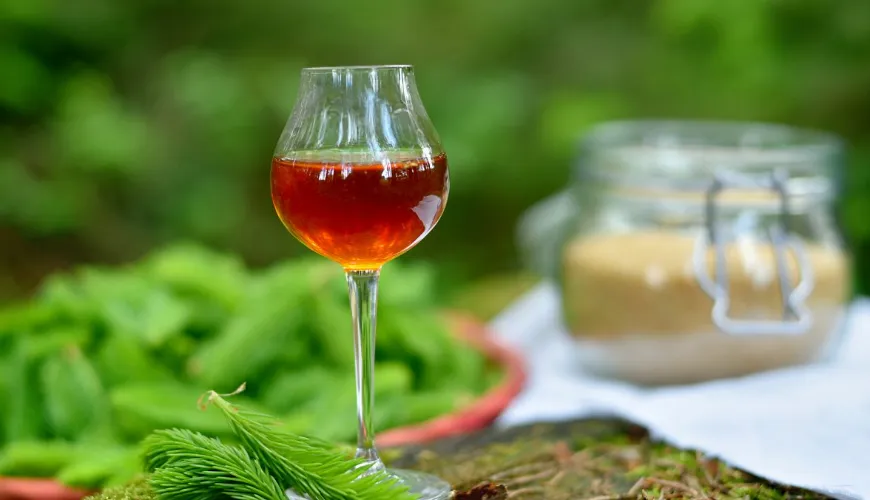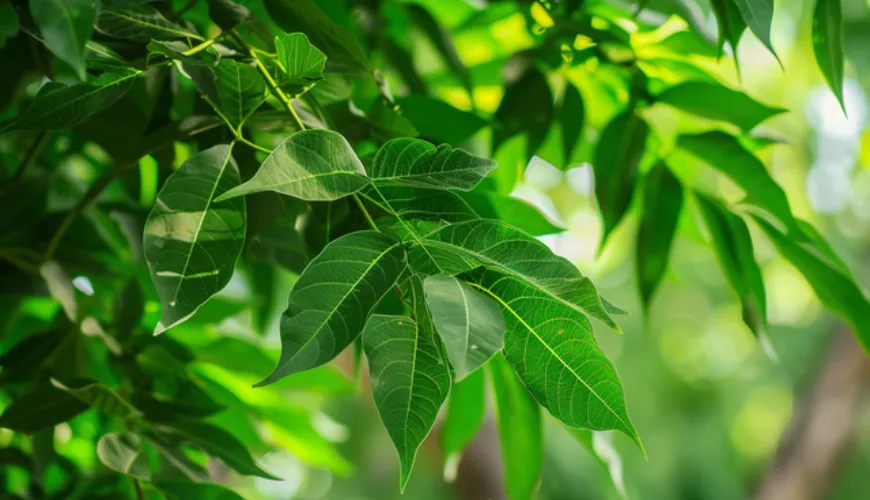
Dandelion Syrup for Spring Detoxification, Experience Its Power
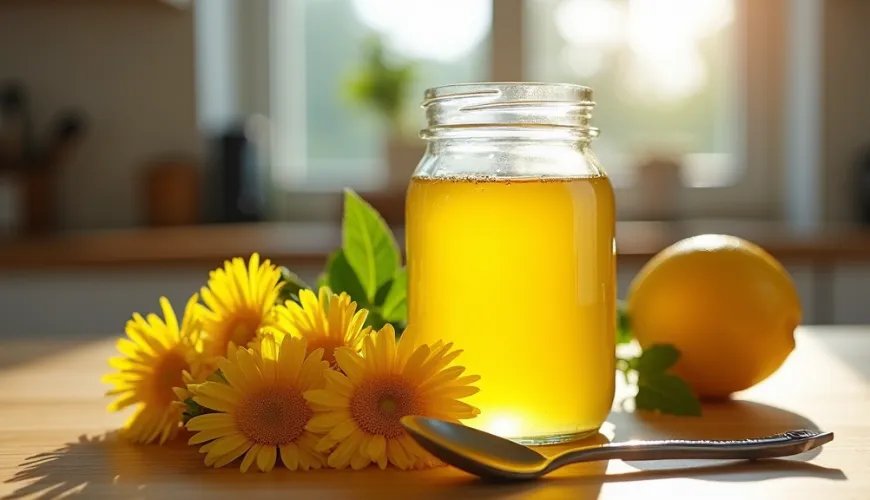
Dandelion Syrup - A Forgotten Treasure from Nature
Spring brings not only sunshine and blooming trees but also golden carpets of dandelions covering meadows, gardens, and roadsides. While many perceive this plant merely as a weed, the dandelion is actually full of valuable substances and offers diverse uses—from leaves in salads to roots for healing teas. One of the most traditional ways to preserve its benefits is by making dandelion syrup. It not only serves wonderfully as a natural sweetener but also as a remedy for coughs and a digestion aid. Best of all, you can easily make it at home.
Why is Dandelion Syrup Worth It?
The common dandelion (Taraxacum officinale) is among herbs used in folk medicine for centuries. It contains bitter compounds, tannins, flavonoids, inulin, potassium, and vitamins A, C, and K. These substances support liver, kidney, and gallbladder function, contribute to detoxifying the body, and boost immunity. While the root and leaves are most commonly used, the flower also has its significance—it's from the flower that syrup is made.
Try our natural products
Dandelion syrup is known for its effects against coughs, sore throats, and colds. Thanks to the antioxidant luteolin, it helps the body fight inflammation and also acts as a gentle tonic for digestion. It also has mild diuretic effects and supports liver function, making it an excellent addition to a spring body cleanse.
How to Make Dandelion Syrup at Home
There are several ways to prepare dandelion syrup—the classic method by cooking or a gentler cold method dandelion syrup, which preserves more nutrients. The choice depends on the purpose the syrup is intended for.
Classic Recipe for Dandelion Syrup (Cooked)
This recipe is ideal if you're looking for dandelion syrup for coughs. Cooking results in a thicker consistency and a stronger taste reminiscent of honey.
What You'll Need:
- approximately 300 dandelion flowers (pick them on a sunny day, away from roads and pollution)
- 1 liter of water
- 1 lemon (organic, or well-washed)
- 1 kg of cane sugar or another natural sweetener
Procedure:
- First, rinse the flowers and remove any insects. It's not necessary to remove the green parts, but if you prefer a milder taste, you can pluck the flowers.
- Place them in a pot, add sliced lemon, and pour in the water.
- Bring to a boil and simmer on low heat for 15 minutes, then let it steep for 24 hours.
- Strain through a cloth or fine sieve, add sugar, and simmer while stirring until the syrup thickens.
- Pour into jars and store in a cool place.
The syrup has a beautiful golden color and a slightly floral taste. It tastes great in water with lemon, as a sweetener for tea, or simply on a spoon for a cough.
Cold Method Dandelion Syrup
If you're looking for a way to fully utilize the power of nature without cooking away all the goodness in herbs, this method is perfect for you—it preserves much more active ingredients and enzymes that would otherwise disappear during cooking. This is a great choice for everyday use, whether you want to boost your immune system or need a light body detox—naturally and without unnecessary chemical helpers.
What do you need for this? Just gather fresh dandelion flowers, an organic lemon, and ideally high-quality honey (but cane sugar also works great). The process is simple—you alternate layers of flowers, sliced lemon, and sweetener in a jar, pressing each layer down well to allow the ingredients to mingle as best as possible. Then tightly seal the jar, place it in a sunny spot, and let the mixture rest for about two to three weeks. Shake or stir the jar daily to help the sugar dissolve.
Once the mixture is nicely liquid and the sugar has dissolved, just strain and store. The resulting syrup is lighter and more delicate than the classic cooked version, yet boasts a purer taste and higher nutrient content, which is appreciated by anyone who values quality. Plus, when stored in the fridge, it can last several weeks, allowing you to enjoy it gradually.
When and How to Use Dandelion Syrup
Dandelion syrup is not only a delicious treat but also a functional part of a home pharmacy. It's most commonly used for coughs and colds—ideally taking a teaspoon several times a day. Due to its natural composition, it is also suitable for children (from 1 year old, if sweetened with honey).
It's also great as a supplement for spring detoxification. Dandelion stimulates liver and gallbladder function and helps the body eliminate toxins. Just a teaspoon of syrup in the morning on an empty stomach, washed down with water and lemon, is enough.
In the kitchen, you can use it as an alternative to honey—to flavor yogurt, porridge, pancakes, or even salad dressing. People who limit refined sugar will appreciate the syrup as a gentle natural sweetener with added value.
A Real-Life Story: How Dandelion Syrup Helped One Family
When Lucie from Plzeň went to her cottage with her children on a spring weekend, she didn't know she would bring home more than just pleasant memories. "The meadow behind the house was covered with dandelions, the children were picking them for a vase, but I remembered my grandmother's recipe for syrup. I remember she always gave it to us when we coughed or were tired," Lucie recalls. That evening, she started preparing it.
A week later, the first spring cold came. "Before we went to the doctor, I tried giving the syrup to the kids. They were thrilled to drink something we made together. The cough subsided, and the runny nose soon disappeared," she adds with a smile. "Dandelions have now become a spring tradition for us."
What to Watch Out For
Even though dandelion syrup is a natural product, moderation is key. In sensitive individuals, higher amounts may cause mild digestive issues. People allergic to plants from the Asteraceae family should be cautious. Diabetics should also use the syrup considering its sugar content.
It's also important to properly collect the flowers—ideally around noon when they are open and dry. Avoid areas near roads, sprayed fields, or places where pets are walked.
Dandelion as a Symbol of Renewal
The dandelion is not just an ordinary herb—it's a symbol of spring, resilience, and renewal. In times when we are increasingly turning back to nature and seeking more sustainable ways in both diet and health, this humble plant offers a simple yet effective way to connect with the natural rhythm. And dandelion syrup? It can be one of the small rituals that make this journey more enjoyable.
As well-known herbalist and author of books on natural medicine Wolf-Dieter Storl says: "When we look at the dandelion, we don't see a weed. We see the sun that heals us."
